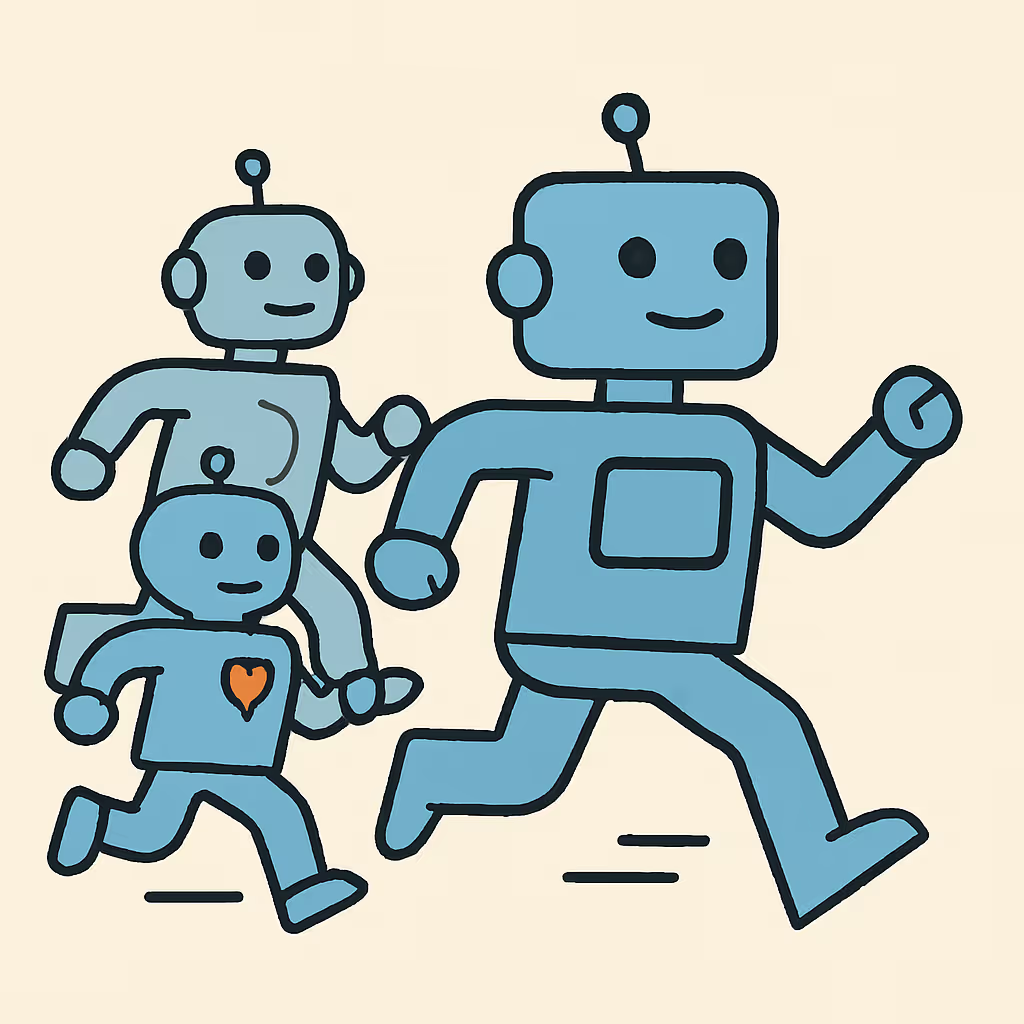Why the Full-Stack Marketer Is the Future of AI-Driven Marketing

Marketing teams should be built around AI-assisted full-stack generalists, not functional silos.
AI does not eliminate the need for marketers. It changes what makes them valuable.
Organizations that succeed with AI restructure marketing around outcomes, ownership, and judgment. Instead of separating strategy, content, design, and execution across departments, they empower individual marketers to own initiatives end to end.
AI accelerates production, while humans provide direction, quality control, and strategic insight.
This article outlines a practical model for building modern marketing teams using AI-assisted full-stack generalists.
What Is a Full-Stack Marketer?
A full-stack marketer is a marketing professional who owns initiatives from strategy through execution and optimization.
They are not specialists confined to one function. Instead, they are capable of:
- Defining objectives and success metrics
- Creating content and assets
- Building and launching campaigns or web experiences
- Analyzing performance and iterating
AI expands their execution capacity, but judgment, creativity, and accountability remain human responsibilities.
In this model, ownership—not output volume—is the defining characteristic.
Why Traditional Marketing Team Structures Fail with AI
Most marketing organizations were designed for a pre-AI world. They rely on:
- Functional silos (content, design, web, demand gen)
- Sequential handoffs
- Approval-heavy workflows
AI accelerates production, but these structures prevent teams from realizing its value. Instead of transforming how marketing works, AI simply speeds up outdated processes.
The result is more content, more activity, and more tools—without better outcomes.
AI requires structural change, not just new software.
AI as a Force Multiplier (Not a Replacement)
AI changes productivity in two fundamental ways:
- Execution speed increases dramatically
Marketers can generate drafts, variations, layouts, and data summaries in minutes instead of days. - Skill boundaries collapse
Writers can design visuals. Designers can edit video. Strategists can build functional landing pages.
However, AI does not replace:
- Strategic prioritization
- Quality judgment
- Brand consistency
- Empathy and contextual understanding
Teams that treat AI as a replacement tool weaken decision-making. Teams that treat AI as a multiplier strengthen it.
The Full-Stack Team Model
Instead of organizing around functions, high-performing marketing teams organize around initiatives.
Each initiative has:
- One clear owner
- End-to-end responsibility
- Authority to execute and iterate
How the model works:
- Senior full-stack marketers lead complex initiatives, set standards, and mentor others.
- Mid-level marketers own defined campaigns or channels with increasing autonomy.
Specialists still exist in this model, but their role changes. In high-volume organizations, they provide deep expertise, set standards, and solve edge cases that require advanced craft.
In smaller companies, that specialization is typically accessed through freelancers, who apply the same expertise across multiple clients rather than living inside a single team.
Bottom line: AI handles repetitive execution. Humans own outcomes.
What AI Cannot Replace
AI excels at pattern recognition and generation. It does not replace human judgment.
Full-stack marketers remain essential because they provide:
- Organizational fluency — navigating internal dynamics and decision-making
- Customer empathy — understanding motivations beyond data
- Creative judgment — evaluating quality, originality, and fit
- Standards enforcement — maintaining consistency across systems
- Original thinking — generating ideas that data alone cannot predict
These capabilities become more valuable as AI accelerates production.
How to Transition Your Marketing Team to a Full-Stack Model
Start small. Structural change does not require a full reorganization.
- Identify a high-impact initiative
Choose a campaign, content series, or web project with clear outcomes. - Assign a single owner
Give one full-stack marketer end-to-end responsibility from planning through optimization. They remain accountable for outcomes, and they decide when to pull in specialist support. - Remove unnecessary handoffs
Let AI support execution across disciplines instead of routing work through departments. - Plug in specialists as needed
Treat specialists like tools in the full-stack marketer’s toolkit. Bring them in for deep expertise, quality review, or edge cases, while keeping ownership and decision-making with the initiative owner. - Define success metrics upfront
Measure outcomes, not activity. - Scale what works
As ownership models succeed, expand the approach across the team.
This approach reduces friction, shortens feedback loops, and improves accountability.
Final Thoughts
AI does not eliminate marketing teams. It exposes weak structures.
The future belongs to organizations that empower marketers to think, build, and ship with autonomy—using AI to accelerate execution while humans provide strategy, judgment, and leadership.
The full-stack marketer is not a trend.
It is the operating model that survives the AI era.

